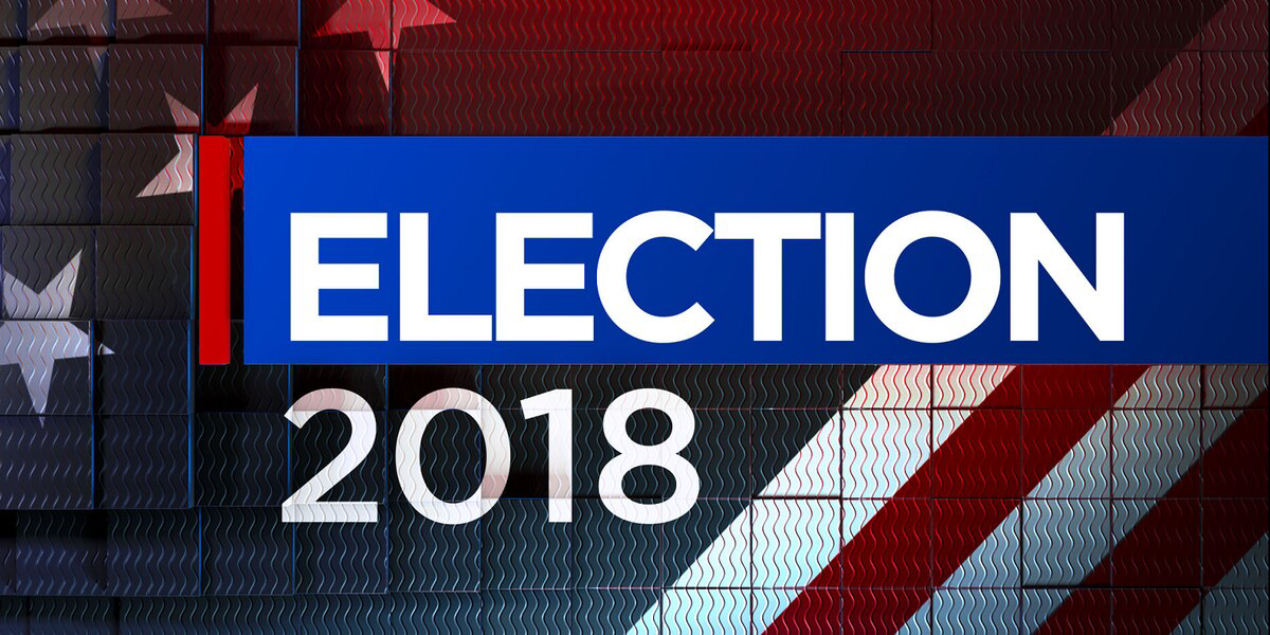By Michael Golden and Norman J. Ornstein
There’s an old saying that in a democracy, people get the government they deserve. The 2018 midterm elections just might prove that theory once and for all.
The lightning-rod presidency of Donald Trump has been described as “unprecedented” and “divisive.” But it’s been far more than that. The last 18 months have tested our institutions and system of checks and balances more than at any time since Watergate.
If you’re optimistic, so far it looks like our branch-separated federal government has withstood the challenge.
A travel ban ordered by the chief executive that sparked national outcry was halted by the courts. The administration was forced to modify the order.
While Trump has cozied up to Vladimir Putin and refused to punish Russia for its continuing assault on our elections, Congress has intervened and passed legislation to exert consequences.
When the firing of FBI Director Jim Comey raised suspicions of obstruction of justice, the Fourth Estate reported the details, and then a Trump-appointed deputy attorney general appointed a special counsel.
Since then, the President has repeatedly attacked his own Justice Department and threatened to shut down the investigation. But a few senior members of his own party in Congress have warned him that doing so would be the beginning of the end of his presidency.
Our institutions have thus far held the line against the President’s authoritarian impulses.
But in some ways they are still just a fragile backstop. American norms are only as powerful as American citizens take care to defend them. While our system of checks and balances has remained durable for the last 240 years, there are never any guarantees about the future.
At the same time, history guides us forward.
Forty-five years ago, President Richard M. Nixon announced: “People have got to know whether or not their President is a crook.”
He was right. And he was a crook.
Is it yet a fact that Trump is a crook? No. He has never been formally convicted of a crime.
But his behavior is transparently unacceptable in many ways, and the smoke of criminality billows higher and darker with each new revelation.
Even if Mueller alleges crimes committed by Trump, it is unlikely that he’ll be indicted. History tells us that it’s far more likely the Justice Department will refer the full report to Congress.
But if Republicans maintain their House majority in November, articles of impeachment are highly improbable. As are public hearings to demand accountability. There will be no consequences.
And the President’s own lawyer, Rudy Giuliani, has announced that the White House will work to block public disclosure. A GOP Congress will be complicit.
If Trump has committed crimes, aren’t the American people entitled to know? If laws were broken, shouldn’t Congress at least record a vote on whether to impeach? Should voters not have the opportunity to see where their elected representatives officially stand?
With the midterms fast approaching, most Democrats are trying to avoid running their campaigns on the impeachment issue. But it doesn’t matter. As Billy Crystal told Meg Ryan in “When Harry Met Sally”: “It’s already out there.”
The legitimacy of our democracy and system of checks and balances still rests upon the consent of the governed. This is what’s at stake in this midterm election. This is the stress test.


